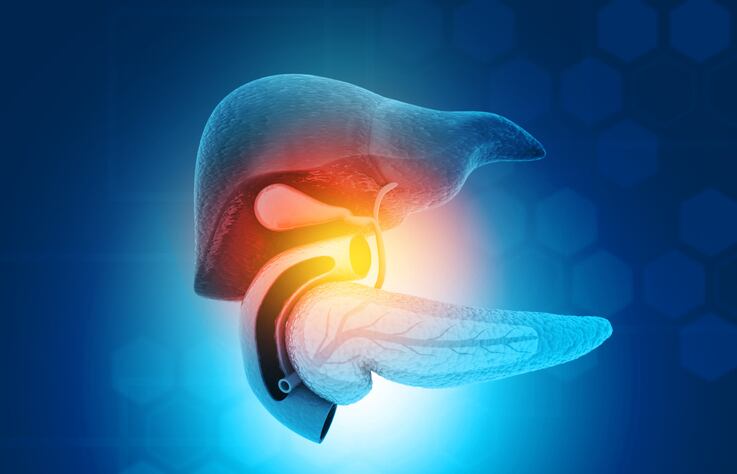While the importance of the gut microbiome is well documented, its role in the human aging process is still unclear. However, new research published in the journal Nature Metabolism has identified distinct signatures in the gut microbiome that are associated with either healthy or unhealthy aging trajectories, which in turn can predict survival of older individuals.
The research
ISB researchers and collaborators took three independent cohorts and analyzed gut microbiome, phenotypic and clinical data from over 9,000 people between the ages of 18 and 101 years old. The team then zoomed in on longitudinal data from a cohort of over 900 community-dwelling older individuals aged 78-98 years old, who allowed the researchers to track health and survival outcomes.
Findings
The data showed that gut microbiomes became increasingly unique as individuals aged, starting in mid-to-late adulthood, which corresponded with a steady decline in the abundance of core bacterial genera that tend to be shared across humans.
Notably, while microbiomes became increasingly unique to each individual in healthy aging, the metabolic functions the microbiomes were carrying out shared common traits. This gut uniqueness signature was highly correlated with several microbially-derived metabolites in blood plasma, including tryptophan-derived indole, which has previously been shown to extend lifespan in mice. Blood levels of another metabolite, phenylacetylglutamine, showed the strongest association with uniqueness.
“The most striking pattern characteristic of healthy aging in our study was the observed gradual decline in the genus Bacteroides, which is one of the most prevalent and abundant bacterial microbes present in the human large intestine. The same decline was not present in older individuals who were not defined as healthy based on our strict criteria. Although preliminary, these results led us to hypothesize that a healthy gut microbiome is one that gradually shifts and develops within its host over a lifetime. In other words, retaining microbes that define the core of our ecosystem in early/mid adulthood may not be as beneficial in the latest decades of human life. However, as our analysis was primarily cross-sectional, this hypothesis requires further investigation,” ISB Research Scientist Tomasz Wilmanski, PhD, explained to NutraIngredients-USA.
Unique signature
Wilmanski, who is also the lead author of the paper, added that this unique signature can predict patient survival in the latest decades of life. Indeed, healthy individuals around 80 years of age showed continued microbial drift toward a unique compositional state, but this drift was absent in less healthy individuals.
"Interestingly, this uniqueness pattern appears to start in mid-life - 40-50 years old - and is associated with a clear blood metabolomic signature, suggesting that these microbiome changes may not simply be diagnostic of healthy aging, but that they may also contribute directly to health as we age," Wilmanski said.
The research also suggests that microbiome compositions associated with health in early-to-mid adulthood may not be compatible with health in late adulthood.
“A healthy gut microbiome doesn’t remain static throughout life, but changes as we age. One major implication of this would be that how we define microbiome health in older age cannot be defined within the context of younger and generally healthier individuals. Having a 20 year old’s microbiome when you are 70 may not be favorable,” explained Wilmanski.
As we learn more about the gut microbiome, we often come away with more questions than we started with -- and this study is no exception.
“While our paper provides insight into distinct aging trajectories within the human gut microbiome, I’m afraid it raises even more questions than it answers. For example, we are not sure what drives the observed shifts in the gut microbiome as we age. We hope that further studies will elucidate the mechanisms behind these patterns and identify actionable targets that can modulate the gut microbiome to shift it towards a more favorable aging trajectory,” said Wilmanski.
Personalization
What we do know is personalization will play a pivotal role in health and wellness -- including the developments of novel therapeutics in the probiotic space.
“While our results are still preliminary, one possible take home message is that a healthy gut microbiome when we are 60 or 70 years old will not look the same as when we were 20 or 30 years old,” Wilmanski told us. “This suggests that dietary and probiotic recommendations aimed at improving gut microbiome health may need to be tailored to each individual’s age and their personal microbiome footprint.”
Source: Nature Metabolism
3, 274–286 (2021). https://doi.org/10.1038/s42255-021-00348-0
“Gut microbiome pattern reflects healthy ageing and predicts survival in humans”
Authors: T. Wilmanski et al.




